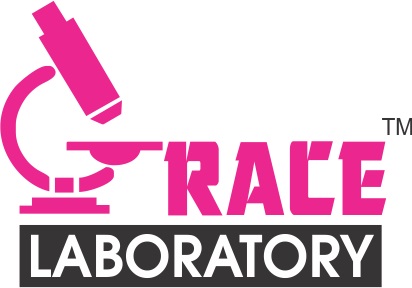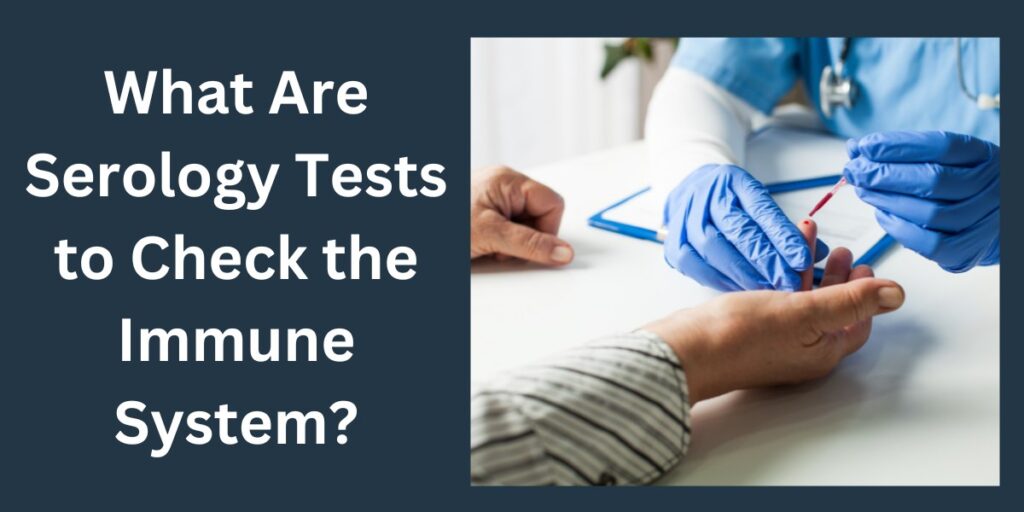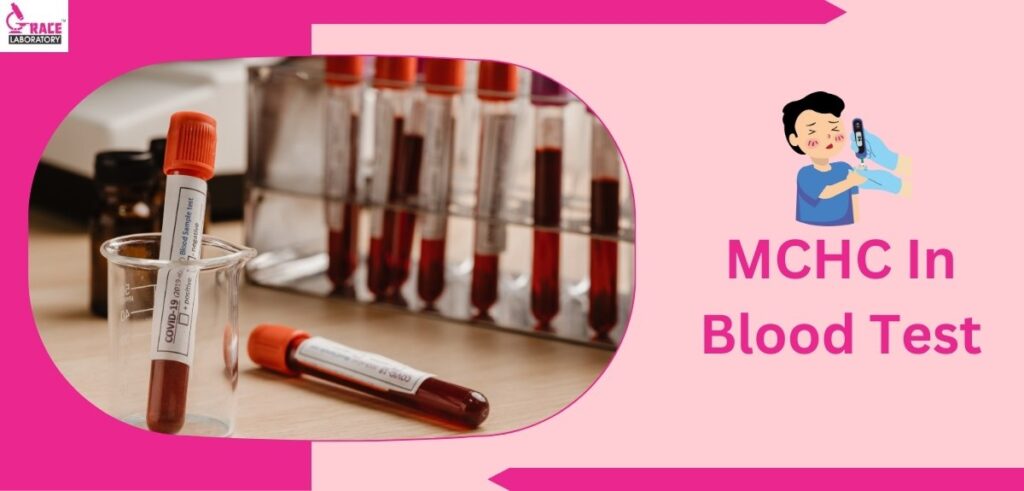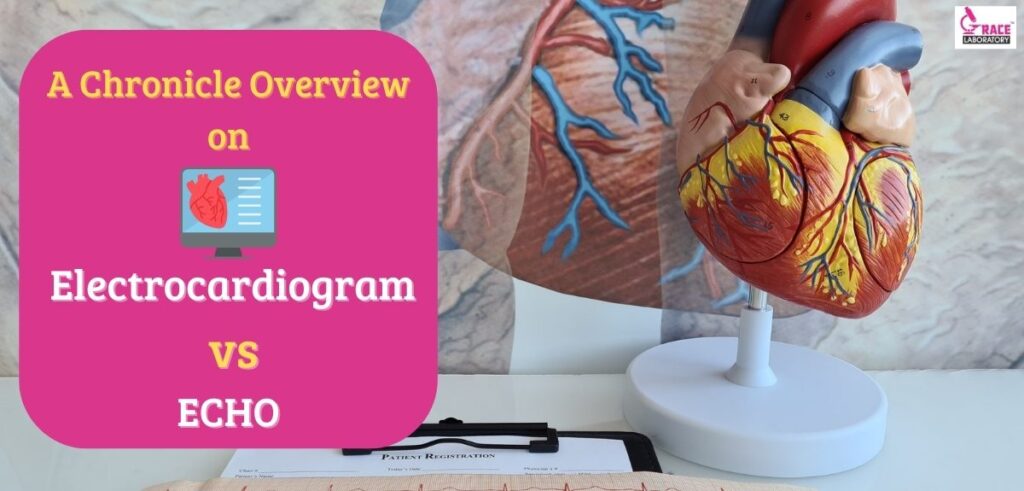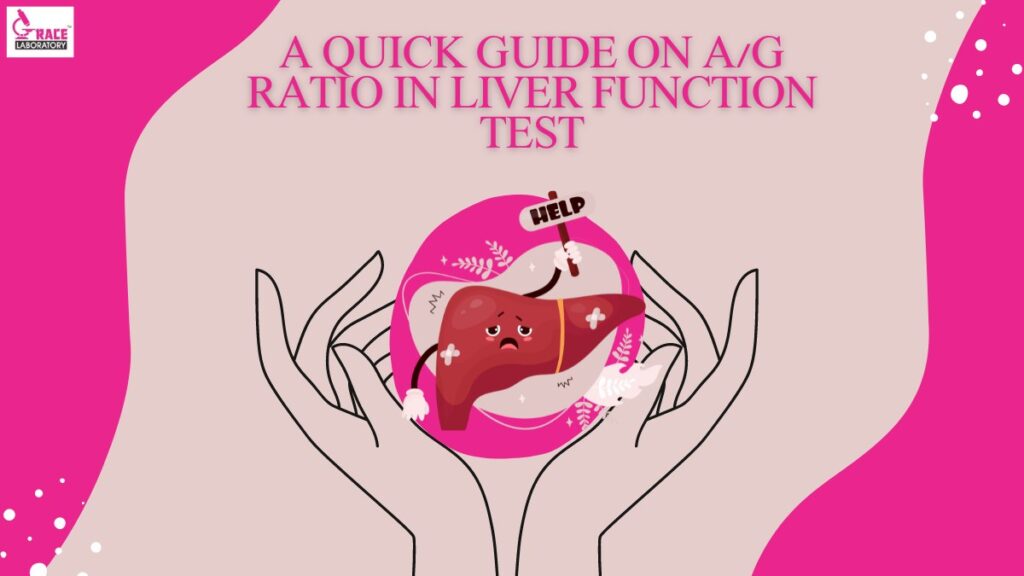Serology tests, a fundamental diagnostic measure, examine blood contents to detect the presence of antibodies, antigens, or chemicals that are related to specific infections, diseases, and underlying conditions. These tests play a pivotal role in the diagnosis of various infections and autoimmune diseases, as well as in monitoring treatment response and immunity. This blog puts forth the significance and diverse diagnostic applications in the detection, monitoring, and addressing of public health through serology blood tests.
Applications of Serology Test in Disease Diagnosis:
1. Infectious Disease Detection:
A definitive sign of infection is the detection of specific antibodies or antigens. Serology has a decisive role to play in detecting infectious diseases like HIV by means of antibodies against the virus. Likewise, serological markers are used to confirm these infections in the VDRL and RPR tests for hepatitis and syphilis. They are not only essential to individual patient care but also to public health initiatives to control the spread of contagious diseases.
2. Immunity Assessment:
Serology testing is an important factor in assessing the level of immunity, especially concerning vaccination. Following vaccination, a measure of particular antibodies assists in the identification of an individual’s level of protection from certain diseases. It guides healthcare professionals in their assessment of the effectiveness of vaccination campaigns and provides a map to develop and implement strategies to achieve herd immunity.
3. Autoimmune Disorders:
Diagnostic challenges are often presented by autoimmune diseases, in which the immune system mistakenly attacks tissues of the body. In the identification of antibodies related to these diseases, serology tests become indispensable. The Rheumatoid Factor (RF) test helps to diagnose rheumatoid arthritis, while the Antinuclear Antibody (ANA) test aids in detecting antibodies linked to lupus and other autoimmune disorders.
4. Allergy Testing:
One of the main areas of concern of serology is in the diagnosis of allergy. Specific IgE tests are performed to detect the presence of immunoglobulin E antibodies associated with allergic reactions. These tests enable healthcare professionals to adjust treatment plans, advise lifestyle changes, and empower people to cope effectively with their allergies by identifying specific allergens that trigger an immune response.
5. Blood Typing and Compatibility:
Through this test, blood type and compatibility between the donor and recipients before the transfusion procedure. This way adverse reactions can be prevented and safe blood transfusions for ABO and Rh type can be done. In the case of emergencies and regular medical procedures, this aspect of serology plays a key role in ensuring that interventions are safe.
6. Pregnancy Testing:
A hormone known as human chorionic gonadotropin (hCG) which forms in pregnant women at the time of delivery and serves to be an accurate serologic indicator is tested through these blood tests. Pregnancy tests are a validation of the accessibility and accuracy of serology that provides critical information on fertility.
7. Monitoring Treatment Response:
These tests particularly perform as dynamic tools for monitoring treatment responses in the context of infectious diseases. Real-time data about the effectiveness of antiretroviral antiviral medicines and treatments are available on tests that measure viral load, including those used for HIV infection and hepatitis C. It makes it possible for physicians to make informed decisions, adjust treatment plans, and optimize therapeutic outcomes.
8. Transplant Medicine:
The successful transplantation of organs and tissues depends on serology in transplant medicine. The compatibility of the donors and recipients is assessed using human leukocyte antigen typing which minimizes the risk of rejection. The role of serology in transplantation emphasizes its pivotal importance in ensuring the success of life-saving procedures.
9. Disease Surveillance:
By monitoring and controlling outbreaks, serology contributes significantly to disease surveillance. To reduce the spread of infectious diseases, health professionals can implement targeted actions by monitoring the prevalence of specific antibodies in populations. As a result, serology plays a key role in public health efforts to understand and manage disease dynamics on a global scale.
10. Research and Epidemiology:
Medical research and epidemiological studies are also covered by the flexibility of serology. The serology contributes to these efforts by providing critical data on disease patterns, immune responses, and the effectiveness of interventions. It is the researchers’ serological expertise that enables them to develop preventive measures, refine treatments, and contribute to a deeper understanding of different health conditions.
Conclusion:
In conclusion, serology tests represent a wide range of diagnostic tools that can be used flexibly and effectively. From infectious disease detection and immunity assessment to autoimmune disorders and beyond, serology tests’ applications are vast and impactful. With constantly evolving healthcare facilities, the knowledge of serology’s importance is becoming increasingly critical for informed decision-making, proactive healthcare management, and scientific progress. These tests have a vital impact on the development of initiatives and strategies for public health around the world, not least in contributing to patient care.
